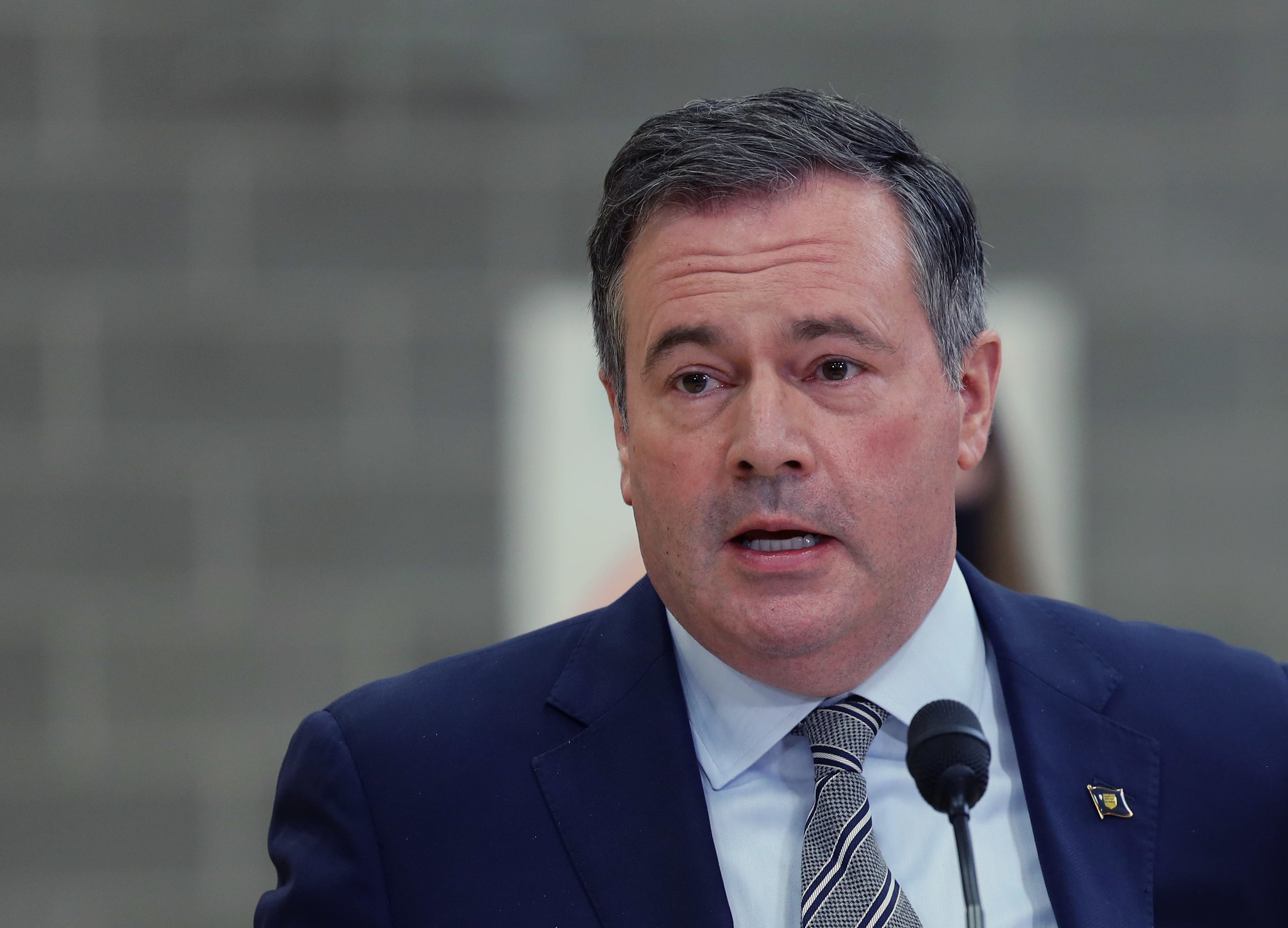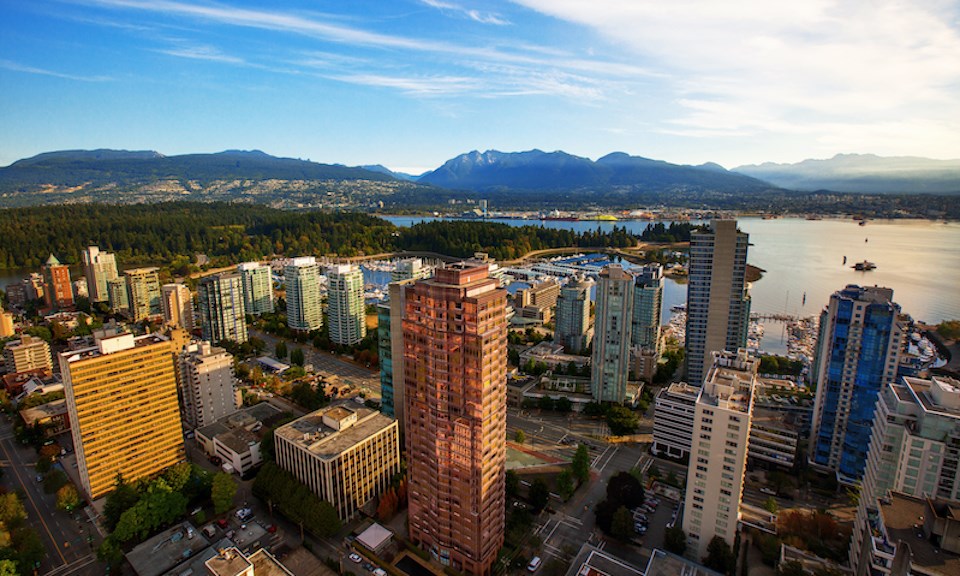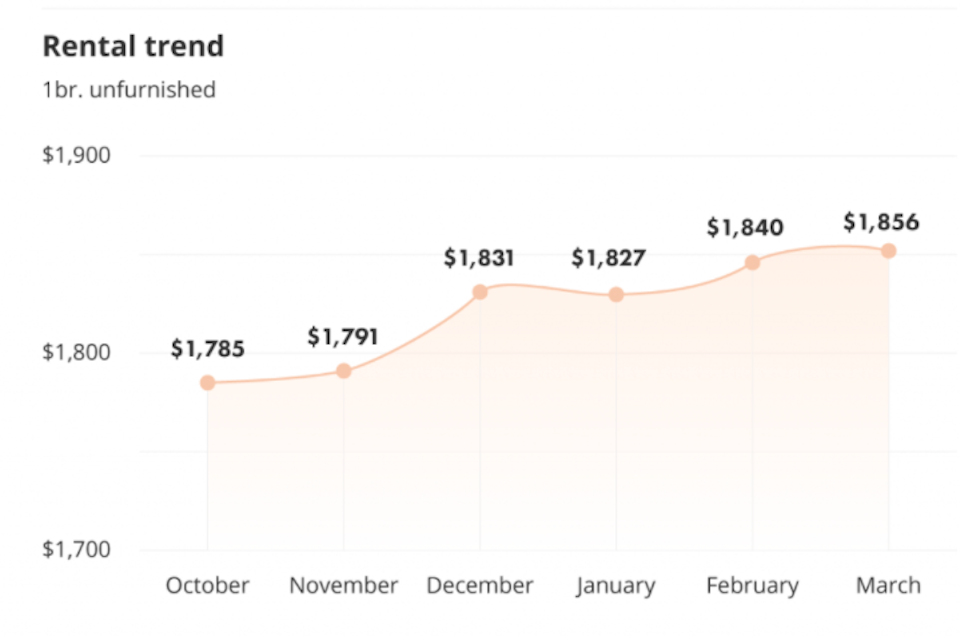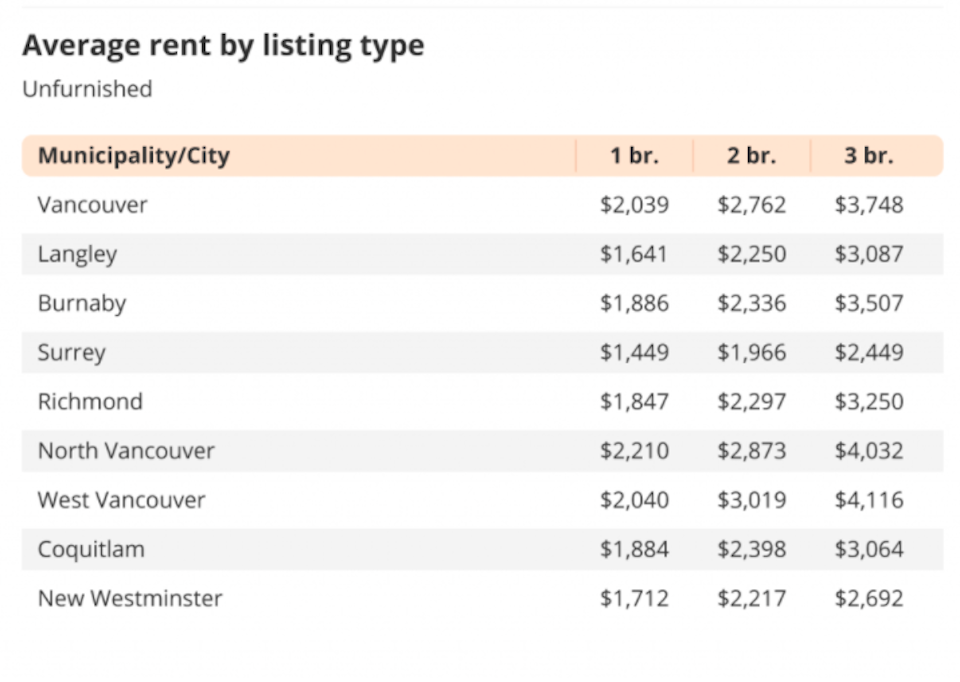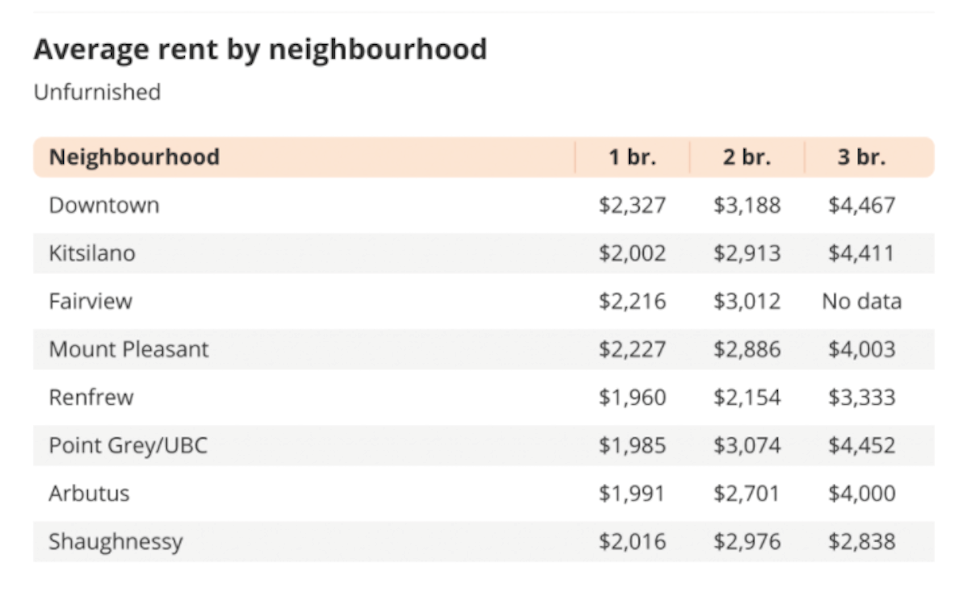KENNEY DIKTAT
Alberta to ban Edmonton and any other municipalities from keeping mask mandate or any COVID restrictions
The move, once introduced as a bill and passed, would put the province in a position to overrule Edmonton's mask bylaw, which remains in effect locally
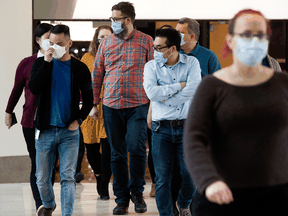
Article content
EDMONTON — The Alberta government has vowed to ban municipalities from enacting their own COVID-19-related public-health rules, preventing them from contradicting the direction of the provincial government, which has dropped nearly all pandemic restrictions.
The move, announced Tuesday, once introduced as a bill and passed, would put the province in a position to overrule Edmonton’s mask bylaw, which remains in effect locally. The reforms would limit the powers a municipality has to enact public-health-related bylaws.
“It was a bit odd coming in here not wearing a mask, but it was also pretty awesome,” Premier Jason Kenney said in Red Deer.
Edmonton appears to be the only municipality in Alberta to retain a mask bylaw, and certainly the largest city to have one; Calgary dropped its municipal mask bylaw alongside the provincial mandate on Tuesday. (Under the provincial rules, masking remains in effect on transit and in health-care settings.)
Kenney said a patchwork of public-health policy will only feed confusion and division in the province, and eliminating municipal discretion would prevent “virtue signalling” from local councillors.
Advertisem
Article content
“We need to move forward together. There has been too much division over the COVID era in our society,” said Kenney. “We certainly shouldn’t allow political science to be a substitute for public-health science.”
Edmonton Mayor Amarjeet Sohi, speaking Tuesday afternoon, condemned the provincial announcement as “overreach” and warned it could have effects well beyond the COVID-19 pandemic, suggesting the province could use similar moves to interfere in decisions like development plans or smoking bylaws.
“It is about time that provinces recognize us as an equal order of government and do not meddle into the affairs where we can make our own decisions,” said Sohi.
Advertisement
Article content
Duane Bratt, a political scientist at Mount Royal University, described Edmonton’s mask policy as “all politics.”
“It’s not all politics by the Kenney government, right? I mean, the city councils of Calgary and Edmonton are playing their own political games,” said Bratt. “Now, maybe not so much when they first imposed it, but keeping it up is a way of showing opposition to the Kenney government…. So, when you talk about politics, there’s the politics of COVID and then there’s the overall politics where the big cities see themselves as a separate sphere, as a counteracting power to the provincial government. And we’ve seen that for a very long time in this province.”
While cities in Canada are “creatures” of provincial governments, Alberta’s Municipal Government Act, seemingly, gives local government wide latitude to pass bylaws regarding “the safety, health and welfare of people and the protection of people and property.”
Advertisement
Article content
Lorian Hardcastle, a health law expert at the University of Calgary, said the provincial government does have the authority to adjust the powers of municipalities, but argued it sets a “negative precedent” for the province to intervene when it doesn’t like what a municipality is doing.
“Public health is the purview of all levels of government, municipal, provincial and federal. And municipalities do a ton of important work in the area of public health. They deal with water fluoridation, they pass safety bylaws related to things like bike helmets, they pass bylaws dealing with cannabis and tobacco consumption,” Hardcastle said. Joe Ceci, the New Democrat critic for municipal affairs, said Kenney’s announcement is a “dramatic reversal from when the UCP not only allowed but forced local governments to make public health decisions.” Kenney’s announcement, which comes roughly one month after he hinted at such legislation in a Facebook Live, represents a complete shift from July 2020. At the time, when asked about why there was no province-wide mask mandate, Kenney said Alberta was too large and diverse for one-size-fits-all policy.
Advertisement
Article content
“We think these decisions are better taken locally,” Kenney said, at the time.
Now, he said, the argument his government is making is that public health is the province’s responsibility not a municipality’s, and that cities “improvising” health-care policy is “unhelpful and divisive.”
“We appreciate the care and concern of people in municipal government about these issues, and we’re always willing to listen to their views about public-health policy but we think as we go into this phase, getting our lives back to normal, it’s important that there be unity, clarity, consistency,” Kenney said.
Sohi argued that the cities have stepped in when the provincial government had dropped the ball during the pandemic, and that while health care is indeed a provincial responsibility, “protecting the well-being of Edmontonians is also a municipal responsibility.
Advertisement
Article content
“This is not about grandstanding. This is not about political support. This is about making good decisions based on the needs of local communities and listening to our health experts,” Sohi said.
Kenney’s announcement may be more or less moot, though, because it will take time to introduce and pass legislation modifying the Municipal Government Act, and Edmonton’s city bylaw will be reviewed by council on March 8. At that point, it may be revoked.
“The vast majority of Alberta’s municipalities have aligned with provincial public health policy,” said Scott Johnston, press secretary Municipal Affairs.
“Other Canadian provinces generally approach municipal bylaws in a similar way to Alberta. Municipalities are provided with broad authority to implement bylaws, with certain limitations. These limitations vary province to province; however, in all instances, provincial legislation trumps municipal bylaws.”
Provincial statistics show there are roughly 9,000 active cases across the province, with 1,224 in hospital and 83 people in intensive-care units; 3,912 Albertans have died from the virus.
— With additional reporting from the Calgary Herald
• Email: tdawson@postmedia.com | Twitter: tylerrdawson
Alberta to force municipalities to lift mask bylaws
'We certainly shouldn't allow political science to be a
substitute for public health science,' Kenney says
The Alberta government is moving to force all municipalities in the province to lift their COVID-19 mask bylaws.
"Something that Albertans do not deserve right now is uncertainty and confusion," Premier Jason Kenney said at a news conference in Red Deer Tuesday.
"That is why I am announcing today that Alberta's government will introduce in the legislature, as soon as possible, amendments to the Municipal Government Act which will remove the abilities of municipalities to impose their own separate public health restrictions."
The Alberta government lifted its mask mandate as of March 1 as part of its general easing of COVID-19 restrictions.
Calgary ended its face covering bylaw at the same time.
However, the City of Edmonton's face-covering bylaw remains in effect. Edmonton city council will hold a special meeting on March 8 to discuss its mask bylaw.
"A patchwork of separate policies across the province could just lead to greater division, confusion, enforcement difficulty with no compelling public health rationale," Kenney said.
"That's why we have decided to move forward united with a clear, consistent approach that all Albertans can easily understand and comply with.
"We certainly shouldn't allow political science to be a substitute for public health science."
Kenney said he hopes the amendments to legislation will be introduced in the legislature as early as next week.
'Far-reaching implications,' Sohi says
Edmonton Mayor Amarjeet Sohi called Kenney's announcement "deeply disappointing" and said amending the Municipal Government Act could affect the way the city responds to the pandemic and other city operations.
"This has far-reaching implications," Sohi said during a news conference Tuesday afternoon.
"This overreach of power and abuse of authority under the MCA goes beyond the mask bylaw."
It could restrict the city's autonomy in managing or restricting other activities, things like smoking and traffic bylaws, he said.
Sohi said he's consulting the city's legal department to see what options are available to oppose Kenney's move.
Edmonton's face-covering bylaw was put in place in August 2020, before the province mandated masks in indoor public places.
Near the beginning of the pandemic, Kenney's government encouraged individual municipalities to implement their own mask mandates.
Now, Sohi said, the province is treating the municipalities like children when it should be recognizing their efforts.
"Particularly during the pandemic, municipalities in Alberta acted like adults to protect our citizens' well-being and looking after the health and safety of our citizens during these very difficult times. It's about time the province recognizes us as an equal order of government."
Cathy Heron, president of Alberta Municipalities, said Kenney's announcement is cause for concern
"Alberta Municipalities finds the provincial government's 'top-down' approach to be heavy-handed and unnecessary," Heron said in a news release Tuesday.
The idea of amending the MGA was never formally discussed with Alberta Municipalities, she added.
Potential Charter challenge
University of Alberta law professor, Eric Adams, said Kenney is leaning in the opposite direction of the traditional conservative government that tends to support local decision-making.
"They certainly feel that way about federal regulation over provincial matters," he said. "So it's a bit curious in that respect."
Adams said it'll be up to voters to decide whether this is a good direction for the UCP.
"We see the rather remarkable moment of a conservative government saying that local governments and diversity is now bad."
Adams said the city could consider challenging the move under the Canadian Charter of Rights and Freedoms.
"By taking away a power that cities have to keep their citizens safe, are you effectively at the provincial level making cities less safe? That's a question that may receive some constitutional attention in the months to follow," he said.
Nearly all pandemic public health measures were lifted in the province as of Tuesday, as the Alberta government launched Step 2 of its reopening plan.
On Saturday, Kenney announced that the phased approach to further lift restrictions — and adopt an endemic approach to COVID-19 — would go ahead as planned.
Remaining school requirements, including cohorting, have been lifted, along with youth screening for entertainment and sports.
Capacity limits on all large venues and entertainment venues, limits on indoor and outdoor gatherings and a mandatory work-from-home mandate have all been removed.
"We cannot live forever in fear and we are social beings," Kenney said.
"We are made to encounter one another, to see each other's faces, to smile, to embrace our family and friends, to regain the social lives that we have been so deeply impaired for the past two years and that is exactly what this plan allows us to do."
While the provincial mask mandate has been removed, face coverings are still required in some high-risk settings, including at Alberta Health Services facilities and continuing care sites, and on public transit.
Kenney has said the province is working toward a third stage of its reopening plan where people would no longer be required to isolate if they have COVID-19. That step would also see the lifting of COVID operational and outbreak protocols in continuing care facilities.
The province is reviewing issues around the "waning protection of vaccines," the growing transmissibility of COVID-19, and the cost and inaccuracy of rapid antigen tests, Kenney said.
"We need to address the workforce challenges that we are facing, particularly in nursing homes and some rural hospitals in under-vaccinated areas, given that there is no longer a compelling policy rationale for proof of vaccination programs," he said.
There is no set date for Step 3 but Kenney has said each stage is contingent on hospitalization trends.
Provincial data shows non-ICU hospitalizations have been generally declining for over two weeks, while the number of ICU admissions has dropped.
"This does not mean that COVID-19 is not still a concern in Alberta," Health Minister Jason Copping said. "We will continue to monitor the impact of the virus and any other variants that make their way into our province.
"We will have to adjust to assessing risks and making decisions that are best for us and our families."
On Tuesday, the province reported 1,225 people were in hospital with COVID-19, including 80 in ICU. Both numbers were largely unchanged from the previous day's update. The province also reported an estimated 500 new cases of COVID-19.
Due to technical issues the province did not provide a full COVID data update and did not report the number of deaths or the positivity rate. A full update is expected on Wednesday.
BY LETHBRIDGE HERALD ON MARCH 1, 2022.
Al Beeber – Lethbridge Herald
The City of Lethbridge is lifting restrictions on staff including the COVID-19 vaccination policy as the province moves into Phase 2 of its work to cut COVID measures.
On Tuesday, Alberta made numerous changes to provincial policy which included lifting the mask mandate except on municipal and intra-provincial public transit for Albertans 13 and older and in AHS-operated and contracted facilities as well as all continuing care facilities.
The Kenney government also lifted mandatory work-from-home requirements and capacity limits on all large venues.
Lethbridge People and Culture Manager Jason Elliott said Tuesday “effective today we’ve rescinded our COVID vaccination policy.”
He said the city is following all provincial health changes as they relate to mandatory work from home and other things affecting City employees.
“Throughout this pandemic, we’ve worked hard to comply with the provincial direction on any health measures that are put in place and it’s no different when the health measures are removed that we’re working hard to comply with those removal orders as well.”
Elliott said the City is doing so in “a very careful and methodical way. Just as we got into the putting measures in place, we’re moving very carefully in removing the measures to ensure the continued health and safety of our staff and the community, in general.”
For City staff, changes mean depending on the work situation, employees may start returning to work. The majority of them never left them, he said, with many of them customer service providers whose efforts in the past two years are important to recognize.
“The majority of staff who have been working remotely, a good portion of those are office related staff, that aren’t necessarily customer service forward facing and as a result, we’ll work on bringing those folks back over time subject to other practises that we put in place,” Elliot added.
With two years in this environment, the City has had time to look at what workplace needs may be “and we’re looking at a few folks anyway remaining working remotely where their job function permits.”
Masking will be optional except in Transit, Fire/EMS and at the airport.
“We will certainly encourage staff to do what they feel they need to do and want to do to ensure their own personal health and safety,” Elliott said.
“We do have a couple of operational areas that are under different rules and regulations such as our Fire/EMS folks follow under the AHS policies so those still remain in place and our airport staff are federally regulated so there will be some specific requirements that those staff are asked to comply with.” Those areas are in addition to the requirements for Transit staff.
The public is no longer required to mask so “therefore we won’t be requiring employees to mask. We will certainly support anybody in the public or staff who are comfortable in still wearing a mask.
“This will continue to be a dynamic situation and we will continue to monitor it,” Elliott added.
Follow @albeebHerald on Twitter
